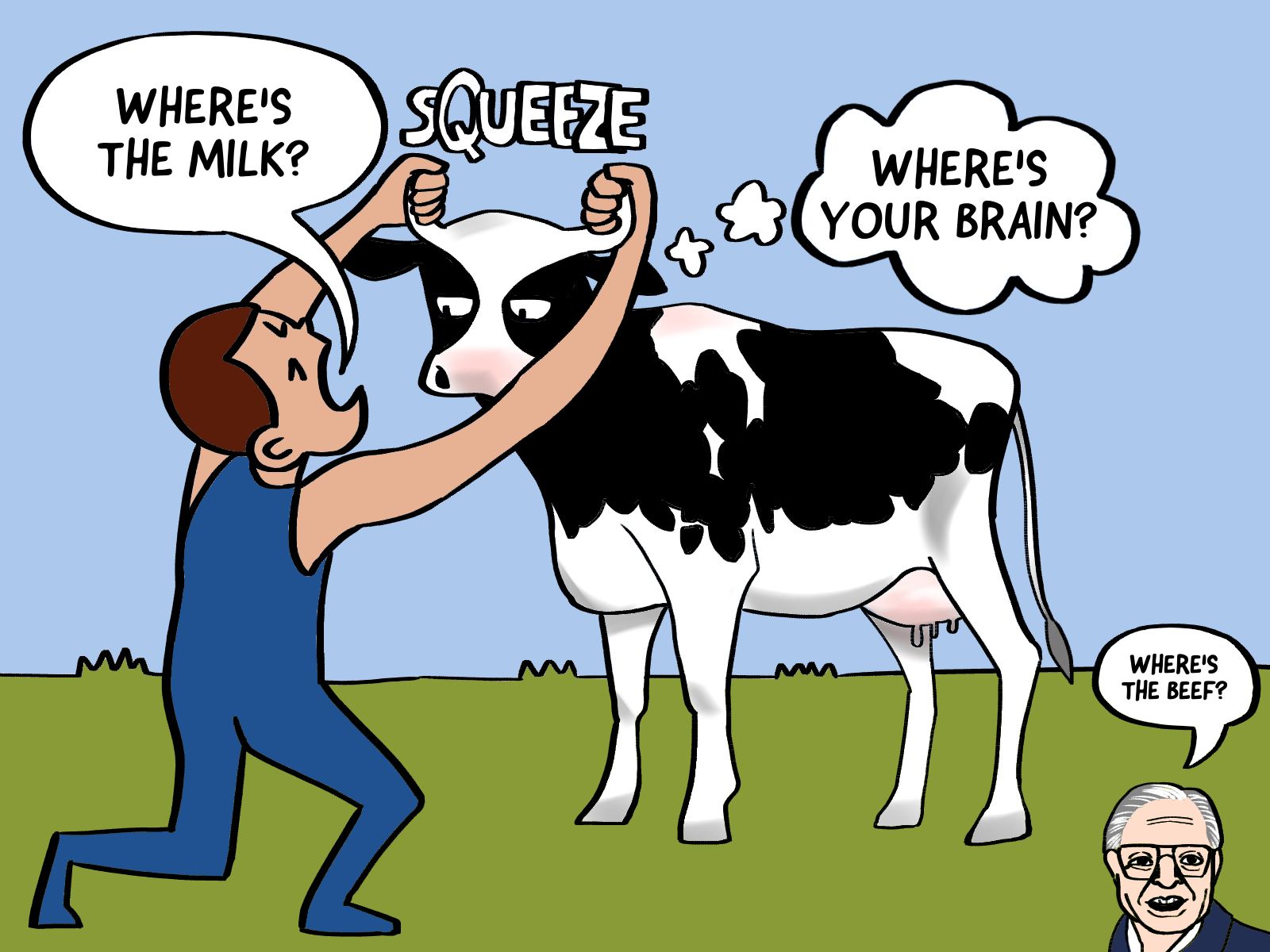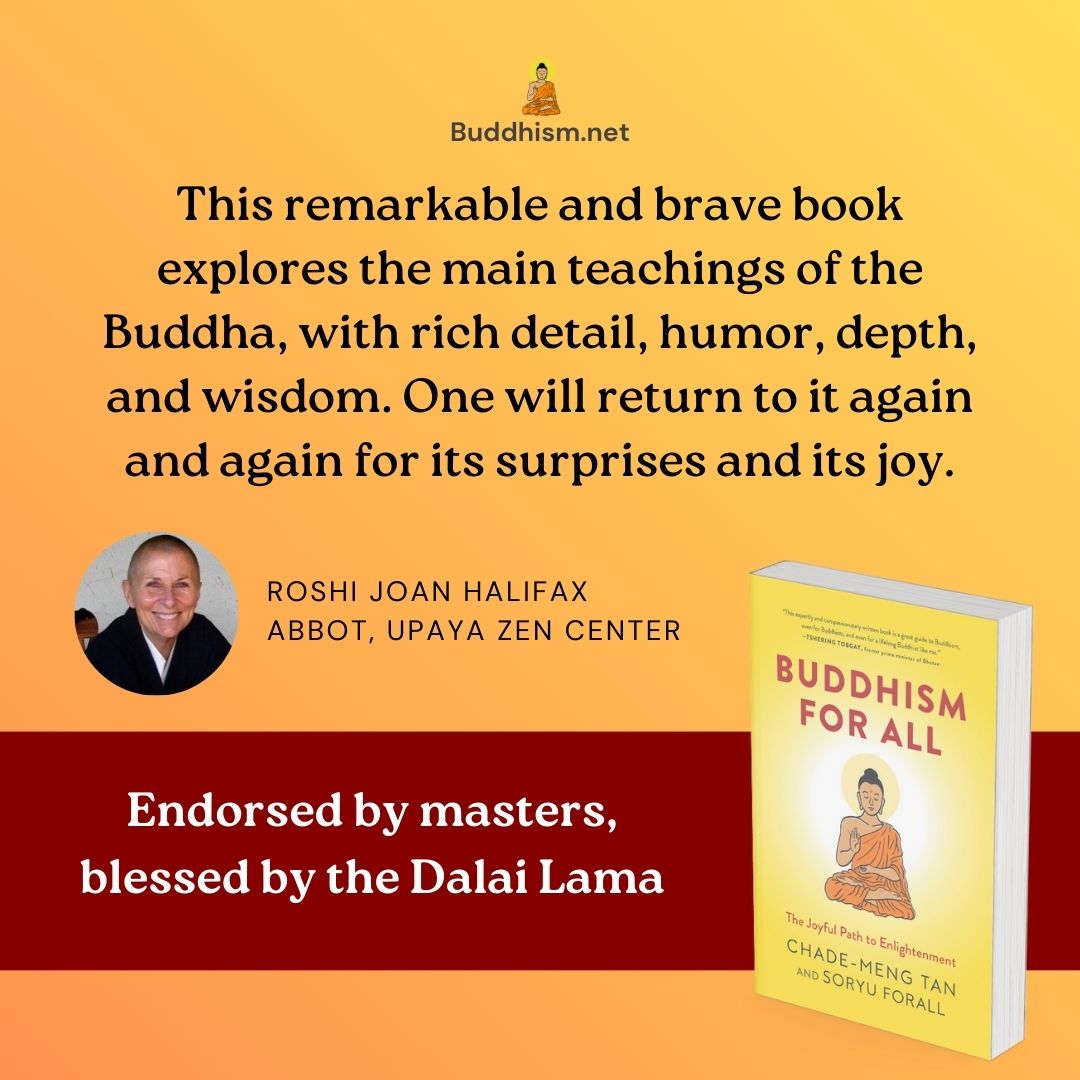
In his first discourse, the Buddha explained the causes of suffering. Actually, he only identified one cause: craving. This statement, that the cause of suffering is craving, is the Second Noble Truth. Within this simple statement is a major life-changing insight and a genius move.
The life-changing insight is that suffering has causes. Suffering is neither inherent nor arbitrary. Instead, it is subject to the universal laws of cause and effect, just like everything else in the natural world. If suffering were not subject to the laws of cause and effect, then there’s really not much we can do about. However, if it is indeed subject to cause and effect, then all you have to do is to find the causes of suffering and eliminate them.
Of the long list of causes, the Buddha strung it to one necessary cause: taṇhā, which literally means thirst, but is often translated as craving.[1]
That is the Buddha’s genius move: he found one necessary condition for all suffering. Imagine that you are able to identify a complete list of, say 127 causes of suffering, then people who want to eliminate suffering have to deal with 127 different things. Then imagine that instead of doing that, you find a single necessary condition for all suffering. A “necessary condition” is a condition that needs to exist for something to happen. For example, to have a fire, you need oxygen and fuel, so oxygen and fuel is each a necessary condition for the fire. To extinguish the fire, you need only to take away any one of the necessary conditions: either the oxygen or the fuel. In the same way, if there is a necessary condition for suffering, then take that away and suffering goes away. And the Buddha identified that condition: craving.
But wait, there’s more. If your goal is to end suffering, then finding a necessary condition for suffering is not good enough, that condition also needs to be actionable. That means whatever the necessary condition for suffering that you find, there must be actions that can be taken to eliminate it, otherwise, it’s just a complete waste of everybody’s time. This challenge is so difficult it takes a genius to solve, and the Buddha was that genius.
Earlier, we talked about Dharma being “universal law pertaining to suffering and liberation from suffering”. In that context, Soryu and I both think the second noble truth is the linchpin of the Four Noble Truths. By clearly stating that “the cause of suffering is craving”, the Buddha takes liberation from suffering out of the exclusive domain of religion and mysticism, and puts it squarely into the folder labeled, “natural laws of cause and effect”. This is why understanding cause and effect is central to Buddhism, and is in turn why Buddhism has such a strong secular and scientific attitude. Furthermore, it enables the construction of universal and secular solutions to suffering, which is contained in the fourth noble truth (which we will talk about later).
As usual, the Buddha had a humorous way to illustrate the point regarding cause and effect. He said that if a man wanted milk, but instead of pulling on a cow’s udder, he pulled on the cow’s horns, he would get no milk.[2] Why? Because of the natural laws of cause and effect with regard to procuring milk. In the same way, the path to liberation from suffering begins with understanding the natural laws of cause and effect with regard to suffering, and then taking suitable action in accordance with those laws.
In the first discourse, the Buddha went into a little more detail and identified three specific types of craving. They are:
- Craving for sensual pleasure
- Craving for existence
- Craving for non-existence[3]
We will examine them in detail in the upcoming posts.
Activities
References
[1] I think thirst is a far superior translation for taṇhā, not just because it is literal, but also because it denotes a certain desperation, compulsion and sense of suffering that the word craving does not. However, since craving is the most common English translation, I will use it. (<grumble, grumble, grumble…>)
[2] Majjhima Nikāya 126.
[3] In Pali: kama-taṇhā, bhava-taṇhā and vibhava-taṇhā, respectively.
Featured image by Natalie Tsang.

